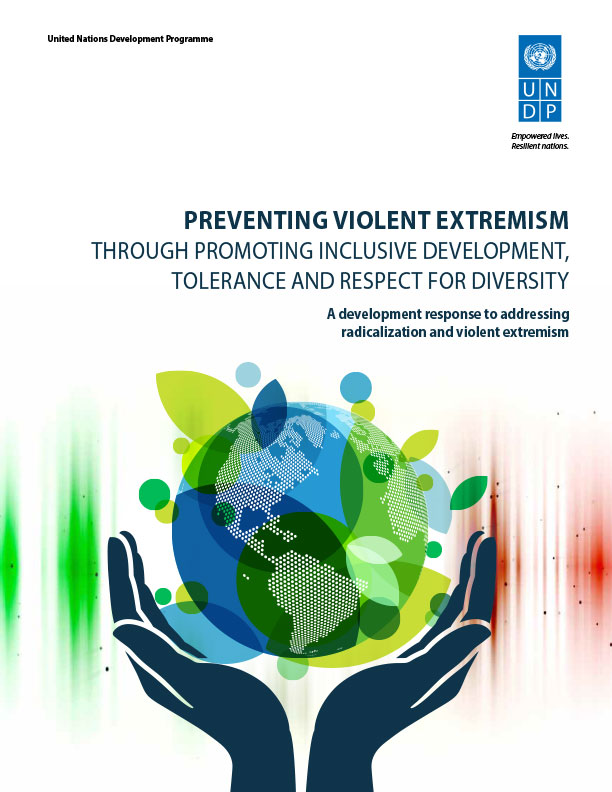In recent years, the world has witnessed new waves of violent extremism that have taken the lives of many innocent people. Whether based on religious, ethnic or political grounds, extremist ideologies glorify the supremacy of a particular group, and oppose a more tolerant and inclusive society. This poses two distinct but related challenges for contemporary societies: the rise of violent extremism and its spread across national borders and the governance of increasingly diverse and multi-cultural societies.
While violent extremism requires interventions to protect the security of people and assets, prevention of violent extremism needs to look beyond strict security concerns to development-related causes of and solutions to the phenomenon. Experiences in both development and peacebuilding show that an increase in the levels of inclusion and tolerance in communities can lead to both better governance of diversity, and to societies better inoculated against violent extremism. Tolerance for diversity and intercultural understanding are also at the heart of the new 2030 Sustainable Development Agenda, and particularly Sustainable Development Goal (SDG) 16, on building peaceful, just and inclusive societies. UNDP takes a development approach to the prevention of violent extremism (PVE).
This paper does not focus solely on religiously-inspired violent extremism. Many drivers apply to other forms of extreme behavior. Radical behavior in itself is not necessarily a problem. Non-violent radical behavior, especially if undertaken purposely in the political, economic or cultural sphere, can help to promote positive change. Violent extremism kicks in when radical behavior starts making use of indiscriminate violence as the means of expression.
This corporate framing paper to prevent violent extremism is fully in line with the UN Secretary-General’s Plan of Action for Preventing Violent Extremism that was released in January 2016.

